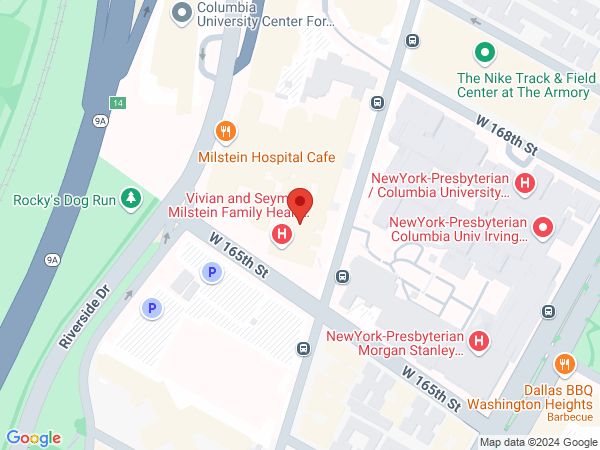A Phase 1b/2, Randomized, Open-Label Study Investigating the Efficacy and Safety of LBL-007 Plus Tislelizumab in Combination With Bevacizumab Plus Fluoropyrimidine Versus Bevacizumab Plus Fluoropyrimidine as Maintenance Therapy in Patients With
Contact:
Protocol:
Study Status:
Population:
Phase:
The purpose of this study is safety, tolerability and efficacy of a combined treatment of LBL-007 and tislelizumab in combination with bevacizumab and capecitabine. LBL-007 and tislelizumab has not yet been approved by the Food and Drug Administration (FDA). Bevacizumab and capecitabine are approved for use in colorectal cancer, but their use in combination with LBL- 007 alone or LBL-007 in combination with tislelizumab is not. Tislelizumab affects cells in your immune system, making them more likely to attack cancer cells. Tislelizumab does this by binding to a part of your immune cells called PD-1 (also called programmed cell death-1). PD-1 normally works as a brake. When activated, it makes the immune cell less likely to attack nearby cells. This is important for normal immune system function. It helps prevent your immune cells from attacking healthy cells. However, cancer cells can take advantage of PD-1 to fool the immune system. If a cancer cell activates PD-1 on nearby immune cells, the cancer is mistakenly seen as healthy. Immune cells then leave the cancer cells alone rather than attack them. Tislelizumab is thought to prevent this trick and make immune cells more likely to attack your cancer. Your bodyâs immune cells have another substance present on their surface, which is called LAG-3 (also called lymphocyte activation gene 3). LAG-3 works as another brake. It not only slows down the sharp increase of immune cells with antitumor activity, but also directly affects their immune function. LAG-3 works together with PD-1 to stop your bodyâs immune cells from killing tumor cells. LAG-3 also strengthens the blocking activity of cells which have a curbing function in your immune system further suppressing the immune response. The LBL-007 antibody works by blocking the interaction between LAG-3 and its partners to further release the âbrakeâ on your immune cells, which may increase the tumor-killing ability of your immune cells.This study consists of two parts, Phase 1b and Phase 2. Once your study doctor determines that you are eligible to participate in the study, you will be assigned to receive a particular study treatment. A computer will by chance assign you to study treatment groups in the study. This is called randomization. This is done by chance because no one knows if one study group is better or worse than th
Are you Eligible? (Inclusion Criteria)
- Aged ≥ 18 years on the day of signing the ICF (or the legal age of consent in the jurisdiction in which the study is taking place) Able to provide written informed consent and can understand and agree to comply with the requirements of the study and the schedule of assessments Has a histologically confirmed colorectal adenocarcinoma with metastatic or unresectable disease (Stage IV as defined by American Joint Committee on Cancer [AJCC] 8th edition). Women of childbearing potential must be willing to use a highly effective method of birth control for the duration of the study, and for 6 months after the last dose of study treatment and have a negative urine or serum pregnancy test ≤ 7 days before starting the study treatment.

